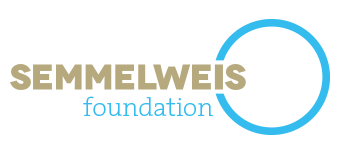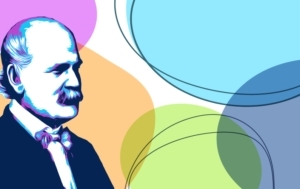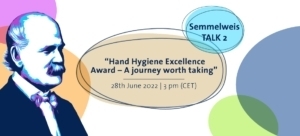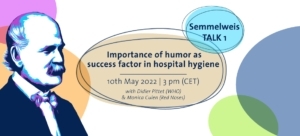The world without bacteria is boring. We can`t live without it! This sentence originates from a student of the Small World Initiative. 8.000 other students around the world share this passion. Their grand goal is to find new antibiotics. Did they already discovered something relevant? Carola Timmel asked Erika Kurt, President and CEO of the Small World Initiative.
The mission of the Small World Initiative (SWI) is twofold: First, it seeks to encourage students to pursue careers in science through real-world applicable laboratory and field research. Second, it aims to address a worldwide health threat – the diminishing supply of effective antibiotics.
But what in concrete the students are doing? “They isolate bacteria from soil in their local environments that could lead to novel antibiotics. This is particularly relevant since over two thirds of antibiotics originate from soil bacteria or fungi”, Erika Kurt, President and CEO of the Small World Initiative, explains. “The students are doing authentic research, just like established researchers.” The courses provide original research opportunities: The students collect soil samples, isolate diverse bacteria, test them against clinically-relevant microorganisms and characterize those showing inhibitory activity. Indeed, “the students have already found novel antibiotic producers”, says Kurt. In a course of a semester the students screen hundreds of isolates – the building block for potential new antibiotics. After this come other tests to see if the isolates have activity against bacteria that are related to the bacteria that are drug resistant in the clinic. Some of them are promising isolates. The resulting advantage is apparent: “In comparison to researchers working independently from one another, the idea behind SWI is to crowdsource much of the initial legwork to a global network of students to speed up the process.“
About SWI:
Formulated at Yale University and piloted in 2012, the Small World Initiative (SWI) is an innovative program that encourages students to pursue careers in science while addressing a worldwide health threat – the diminishing supply of effective antibiotics. Over the past four years, SWI has grown rapidly to include 150 participating schools across 35 US states, Puerto Rico, and 12 countries.




